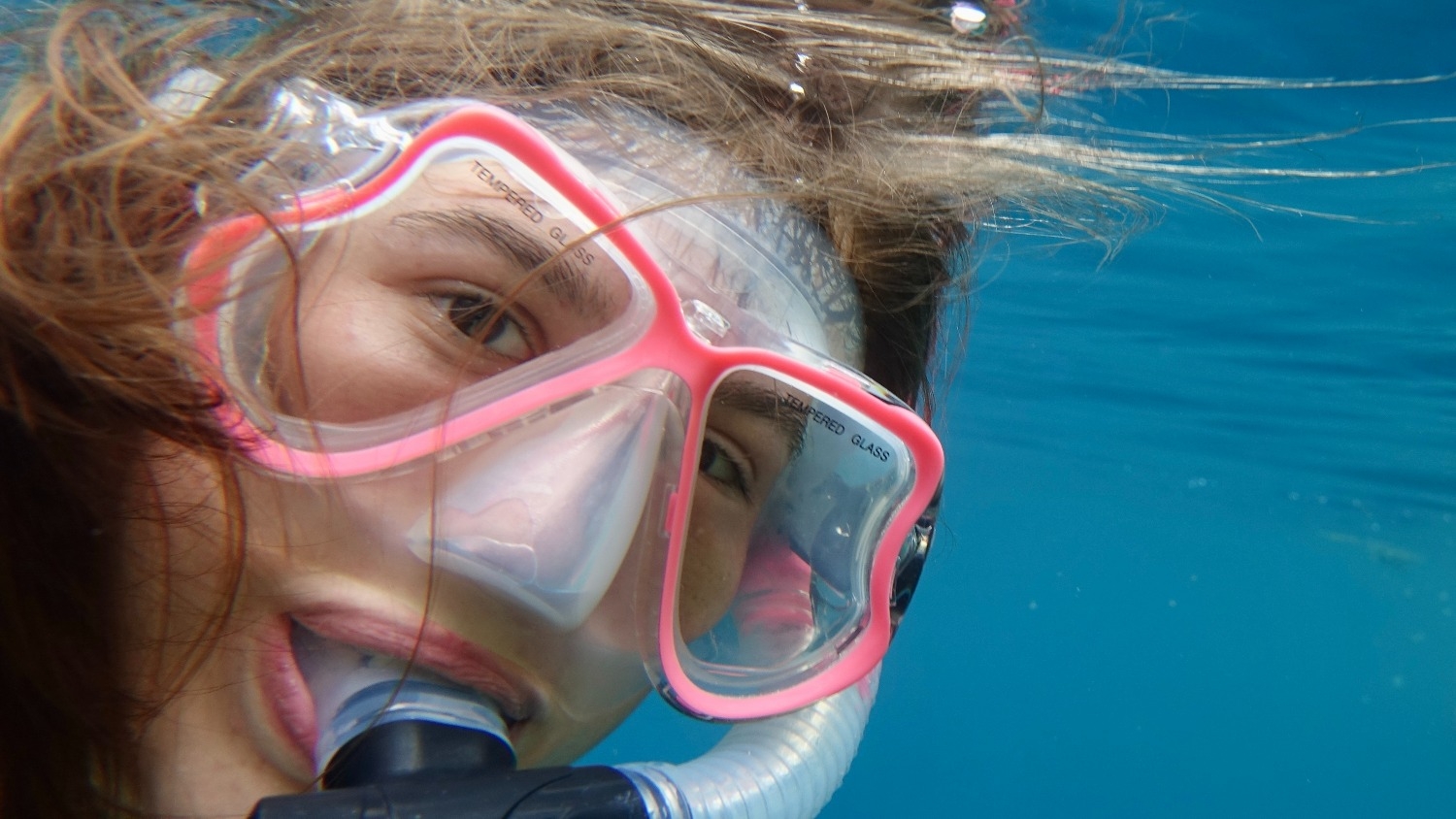The Planet is Our Classroom

At the College of Natural Resources, students regularly embark on global expeditions to explore key topics related to their majors — from conservation biology to sport management to paper science and engineering.
These study abroad programs not only allow students to develop highly-valued skills that will allow them to make significant contributions to communities and industries, but to also experience new places and cultures.
In addition to the semester-long programs offered by the NC State Study Abroad Office, the College of Natural Resources coordinates a variety of short-term study abroad programs for undergraduate students.
Below we’ve provided a general overview of several study abroad programs led by faculty in our three departments, along with testimonials spotlighting student experiences.
Forestry and Environmental Resources
The Department of Forestry and Environmental Resources coordinates a variety of study abroad programs for students to gain hands-on experience in wildlife conservation, forestry and other subjects.
As part of the FW 445: Human Dimensions of Conservation Biology in the Bahamas program, for example, NC State professors Nils Peterson and Brian Langerhans recently led students on a two-week journey to Andros Island to conduct research on blue holes.
Blue holes are essentially water-filled caverns or sinkholes that are open to the surface. They not only provide habitat for rare and specialized species, but they also serve as important water resources and sources of tourism for local communities.
Andros Island is home to more than 300 blue holes. Many of them remain largely unexplored, making it difficult to assess their full ecological significance. In fact, only a small percentage of blue holes are currently protected.
During their time on Andros Island, students measured a range of features across many blue holes (dissolved oxygen, turbidity, fish density, etc.) to quantify and evaluate the patterns and determinants of biodiversity in and around the aquatic ecosystems.
Students also enjoyed a number of other activities, including two days of snorkeling along the Andros Barrier Reef. The reef stretches for approximately 124 miles along the ocean floor, making it the third largest barrier reef in the world.
Forest Biomaterials
Every two years since 2007, the Department of Forest Biomaterials has coordinated the Paper International Experience for upperclass students enrolled in the Paper Science and Engineering program.
The Paper International Experience has taken more than 200 students around the world — from Brazil and Chile to Spain and China — to help them gain a better understanding of the pulp and paper industry on a global scale.
As part of the most recent program in 2023, NC State professors Med Byrd and Hasan Jameel led a group of 46 students to Finland for tours of various pulp and paper mills and research centers and two universities with paper science and engineering programs.
The group began their trip with nearly 28 hours of travel to reach the capital city of Helsinki, where they stayed for several days to tour the Valmet Fiber Technology Center, Aalto University, Valmet Järvenpää Pilot Plant and Sappi Kirkniemi Mill.
After departing Helsinki, the group traveled to the cities of Jyväskylä and Tampere for tours of the Valmet Rautpohja research facility, Jyväskylä University of Applied Sciences, Metsä Board Tako Mill and Tampere University of Applied Sciences.
Students were heavily immersed in Finnish culture and history throughout the program. They not only had opportunities to explore and dine in each city, but they also enjoyed sauna boat cruises, international hockey matches and other unique experiences.
Parks, Recreation and Tourism Management
NC State professors Michael Edwards and Kyle Bunds of the Department of Parks, Recreation and Tourism Management lead students on a three-week trip to the United Kingdom every year to gain a global perspective on sport management.
The program is based in London, one of the most important cities for world sport. The city has hosted many championship events, including three Olympic Games, and is home to many sporting venues, including London Stadium, Wimbledon, O2 Arena, Lord’s Cricket Ground and The Oval.
During their time in U.K., students complete PRT 366: Sport Programming and PRT 478: Sustainable Sport Facility Management. The courses are designed to help students evaluate sustainability from a global lens and to consider the impact of sustainable regulations.
Students participate in classroom lectures and discussions at Winston House in the heart of London and then travel to surrounding cities to engage with industry professionals and scholars that provide a multinational perspective on sport programs, events and sustainable facility management.
This past summer, a group of 14 students traveled to the U.K. to hear from Emily Iveson-Pritchard, head of sustainability at Surrey County Cricket Club; Darren Raczkowski, director of operations at London Stadium; Michael Lloyd, sustainability and logistic manager for Arsenal F.C.; and many others.
The students visited a number of sporting venues, including Craven Cottage, Emirates Stadium, Hillsborough Stadium, London Stadium, Manchester Regional Arena, the National Cycling Centre, Queen Elizabeth Olympic Park and StoneX Stadium.
Like their counterparts in the Bahamas and Finland, the students also had free time to explore their surroundings. They dined at local pubs and attended numerous sporting events, including a football match between Crystal Palace F.C. and Aston Villa F.C.
This post was originally published in College of Natural Resources News.
- Categories: